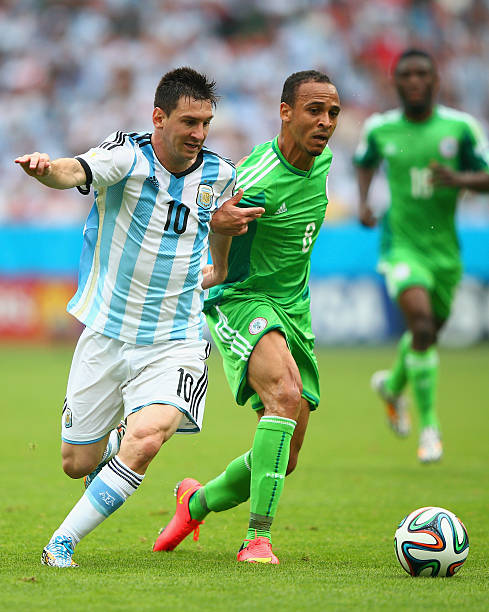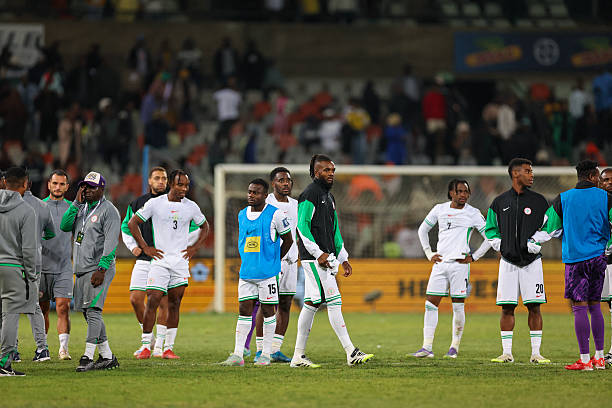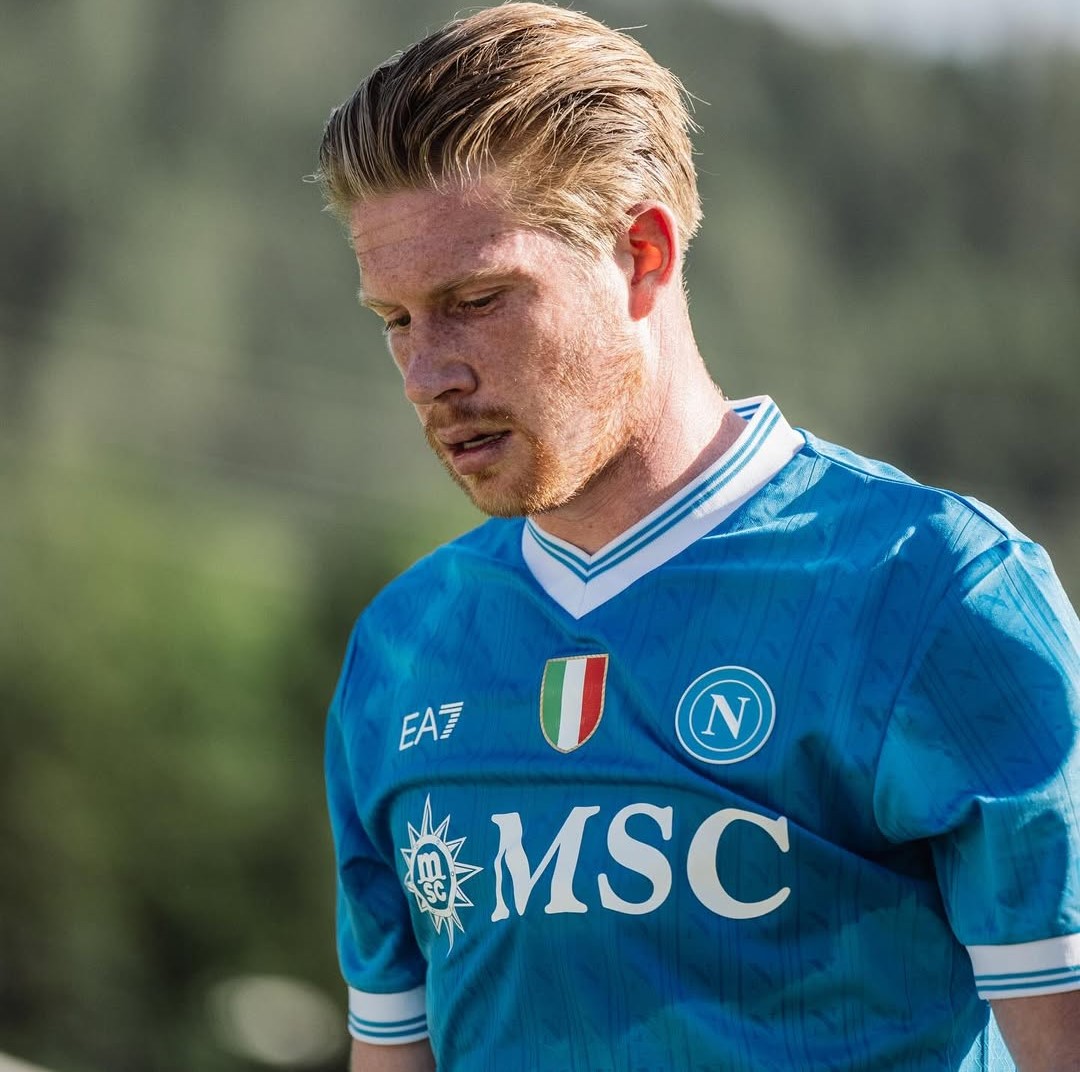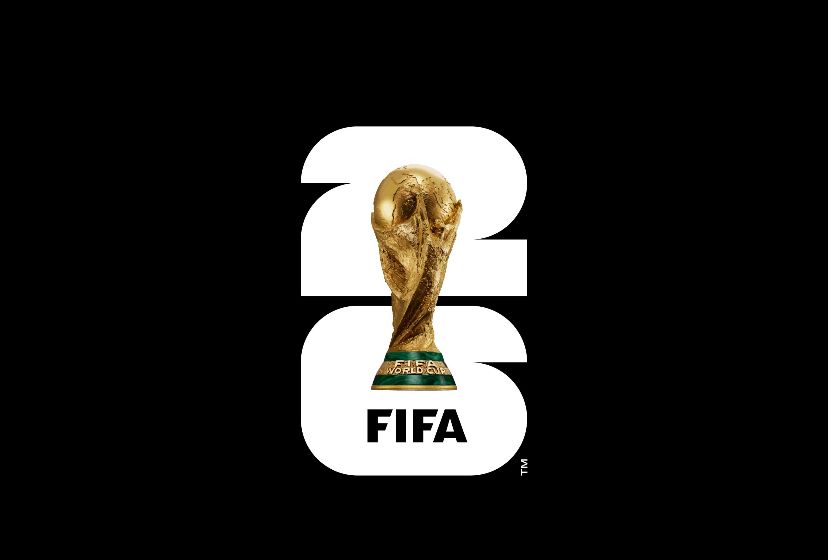As the debate surrounding the Nigerian football scene intensifies, comments from former Super Eagles star Osaze Odemwingie have added fresh perspective and renewed scrutiny to the conduct of the Nigeria Football Federation (NFF). Recent NFF match reports following Nigeria’s 1-1 draw with South Africa in Bloemfontein drew sharp criticism from fans and former players alike, especially over how striker Cyril Dessers and captain William Troost-Ekong were singled out for blame.
The NFF: Under Fire for Player Treatment
The Super Eagles, known for their passionate fanbase and rich football heritage, have often found themselves in the news for both their on-field exploits and off-field controversies. This time, the discussion centers not only on performance but also on how Nigeria’s football administrators treat their own.
Odemwingie, who represented Nigeria at the 2010 and 2014 FIFA World Cups, did not mince words about the Federation’s handling of post-match communications. In a conversation on Brila FM’s popular programme, ‘No Holds Barred with Ifeanyi Udeze,’ he described the NFF’s public criticism of Dessers and Troost-Ekong as wholly “unprofessional.” According to Odemwingie, “It is a sign that wrong people are working in our federation, it’s very unprofessional.”
He further alleged that many individuals in key positions within the Federation lack the qualifications required to conduct themselves to the standards expected at the international level. “These are people that work in certain positions without the required qualification. They are just like fans — you can give that job to ordinary fans and he will probably do a job as good as that person has done. It’s very unprofessional, and wrong. This is a problem when things get serious and get to international level, you can’t act like a bush man,” Odemwingie stated.
Public Reactions and Larger Implications
Nigerian supporters, both local and in the diaspora, have followed these developments with a mix of frustration and concern. Viewing centres across Lagos, Abuja, and Port Harcourt buzzed with debates in the wake of the match against South Africa. Many football lovers expressed worry that targeting individual players in official reports undermines team unity and discourages talent from representing the country.
A Lagos-based football analyst, Mrs. Nana Okon, observed: “Our football can only progress if we move towards professionalism, both on and off the pitch. Publicly criticising players does more harm than good; it sends the wrong message to upcoming talents.”
William Troost-Ekong and Cyril Dessers are not new to criticism, but official scapegoating in the media is widely seen as a step too far. Social media reactions, especially on X and Instagram, highlight the risk of damaging both personal morale and Nigeria’s international reputation.
Pressure on the Federation to Reform
Odemwingie’s outspoken remarks have amplified calls for reforms within the NFF. He questioned whether those in positions of authority have the expertise, vision, and commitment to drive the Super Eagles to greater heights. According to Odemwingie, “These people just acted like people from the tree, not really as an organization that has aspirations to take Nigerian football to the next level.”
The call for reform is not new. Over the years, many have asked the Federation to adopt best practices from successful footballing nations—with emphasis on transparency, player welfare, constructive criticism, and robust youth development programmes. Ghana, Senegal, and Morocco have been cited as countries Nigeria could learn from, given their recent successes on the continental and global stages.
Where Next For Nigeria’s World Cup Ambition?

Looking ahead, Nigeria faces an uphill journey to secure a spot in the 2026 FIFA World Cup. Odemwingie, recalling his own World Cup memories, remains convinced that the Super Eagles have the raw talent to compete at the highest level. He said, “You know Nigerians, we have what it takes to get to the World Cup final, not the AFCON only. If we are to step up higher, everything must be ready for that step forward — but we are still talking about things like this.”
He lamented that repeated off-field distractions, including administrative errors and lack of unity, have hindered progress. “It’s a shame because we look childish and this isn’t the time to pick on any player. You know the players have a legacy, it’s not time to start looking for a scapegoat. The reason why we are like this is way bigger than the performance of one or two players.”
Many fans share this sentiment, noting that a strong footballing nation is built on consistent support, visionary leadership, and efficient administration. Structural challenges, from talent scouting to player welfare, need to be addressed if Nigeria is to return to its former footballing glory.
Understanding the Local and Global Stakes
Football remains a unifying force across Nigeria and West Africa. For many, the fortunes of the national team reflect broader social and cultural aspirations. The hope is for a Federation that learns from past mistakes and invests in both grassroots and elite football structures.
According to a recent report from the Confederation of African Football (CAF), African nations that have embraced professionalism, transparency, and youth development have seen marked improvements in continental tournaments and global competitions.[CAF Official]
Odemwingie’s voice joins those of other legends such as Jay-Jay Okocha, Sunday Oliseh, and Nwankwo Kanu who have regularly challenged the status quo and called for systemic change. The challenge, many say, is ensuring these calls translate into actionable reform, not just trending topics on social media.
Can Nigerian Football Change Course?
Football administrators worldwide are increasingly held accountable by their publics—expectations are rising, and transparency is non-negotiable. For Nigeria, the stakes are even higher. With millions of passionate supporters at home and abroad, failure to professionalize could rob the next generation of talent and continental prestige.
Odemwingie ended his comments on a lighter note, making a playful reference to his more combative playing days: “I am a kind guy these days. On the day wey I dey vex, na red card straight.”
His legacy is assured: 65 caps and appearances at two World Cups have secured him a place among Nigerian football greats. But the question remains: will his critique trigger the change so many want to see?
Reflecting on the Path Forward
The issues confronting Nigerian football are deep-rooted, but the stakes are too high for them to be ignored. Reform begins with honest appraisal, collaboration between experienced voices and new leaders, and—importantly—the willingness to put player welfare above quick-fix scapegoating.
As fans look ahead to upcoming qualifiers, the hope is for a reset—where public criticism gives way to constructive feedback, and the Super Eagles soar once more on the wings of national pride and sensible leadership.
What are your thoughts on the current state of the Super Eagles and the NFF? Do you think Nigeria can regain its glory on the world football stage? Drop a comment below and let your voice be heard!
Got an opinion or story about Nigerian football, the NFF, or the Super Eagles? We want to hear from you! Email us at story@nowahalazone.com to get your story featured or discuss selling your story to our platform.
For feedback or general support, reach out anytime at support@nowahalazone.com.
Love sports? Join the conversation! Share your Super Eagles moments or NFF experiences in the comments, and follow us on Facebook, X (Twitter), and Instagram for up-to-date news, analysis, and football gist!
Your story matters—whether as a fan, player, or critic. Let’s grow the conversation on Nigerian football together!










